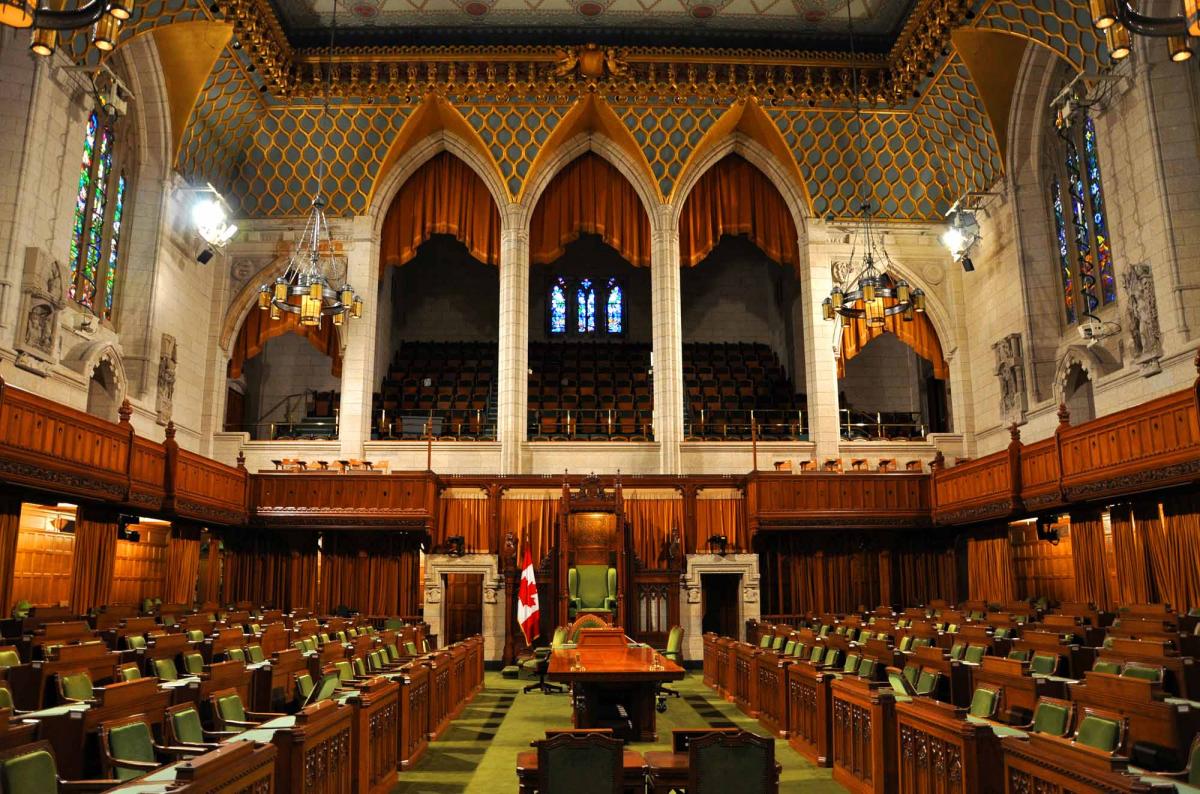Imagine this scenario — a local employer is firing its workers before they can get their pensions, including ones who have been injured on the job.
The employer doesn’t provide adequate childcare, and can move their employees across the country — and even out of it — at their discretion.
The employer’s retirees get benefits and resources, but it is threatening to make them travel further and further to be able to take advantage of them.
Normally, this would be more than enough cause for the workers to walk off the job. But when the employer in question is the Canadian Forces, the workers can’t exactly trade their rifles for sandwich boards.
Last week in Parliament, the Conservative government stood by its party line.
“We’re doing better for soldiers than we ever have,” crowed Minister of Defense Rob Nicholson.
And according to Canadian Forces Ombudsman Pierre Daigle, they certainly are — the living situations of soldiers and their families are improved from even ten years ago. But to quote Mr. Daigle, “better does not mean sufficient.”
In his report released last week, Daigle detailed several distressing trends including the substandard living accommodations for military families and the distress families undergo as they move with each new deployment. Daigle’s report comes on top of the recent reports that allege that the Canadian Forces have been releasing soldiers from duty before the ten year cut off to claim their pensions and the news that the government will close nine Veterans Affairs offices by February 2014.
Nicholson nor Minister of Veteran Affairs Julian Fantino would not even address the questions from both the NDP and the Liberals, except to repeat the line that they are doing more for soldiers ever — just not enough, according to most accounts.
This is a government that has placed more stock in Canadian Forces and Canada’s military history than its predecessors.
In fact, a day after Daigle’s report was released, and the same day as Fantino faced questioning over the reports of soldiers being purposefully released before qualifying for their pensions, the whole House of Commons was asked to stand in a moment of silence for the victims of the Korean War as part of an effort to better recognize Canadian veterans from that conflict.
Soldiers can’t access the same employment standard mechanisms many of us take for granted.
Even speaking out against military practices, no matter what they are, can get someone labeled unpatriotic. But what they are asking for doesn’t constitute radical demands, unless there are people out there who think living in homes with toxic molds is perfectly acceptable.
If the Conservatives can fix these issues, via legislation or other means, the party doesn’t look weak — it looks compassionate. And when it comes to soldiers, generally speaking, the public likes compassionate.
There are few topics that can literally bring all the members of the House to their feet, but the affairs of soldiers and veterans is one of them. It’s a fair guess that any bill that improves living conditions for soldiers and their families will get the support of all four parties.
However, instead of working on soldiers’ living conditions, the Conservatives have chosen to inflame lesser controversies such as the white poppy campaign.
Harpers Conservatives are happy to talk about the heroes in the Canadian Forces at any chance they get, but when soldiers challenge the government over their working and living conditions, the Conservatives treat them with the same contempt as they do any other group of federal government workers.



